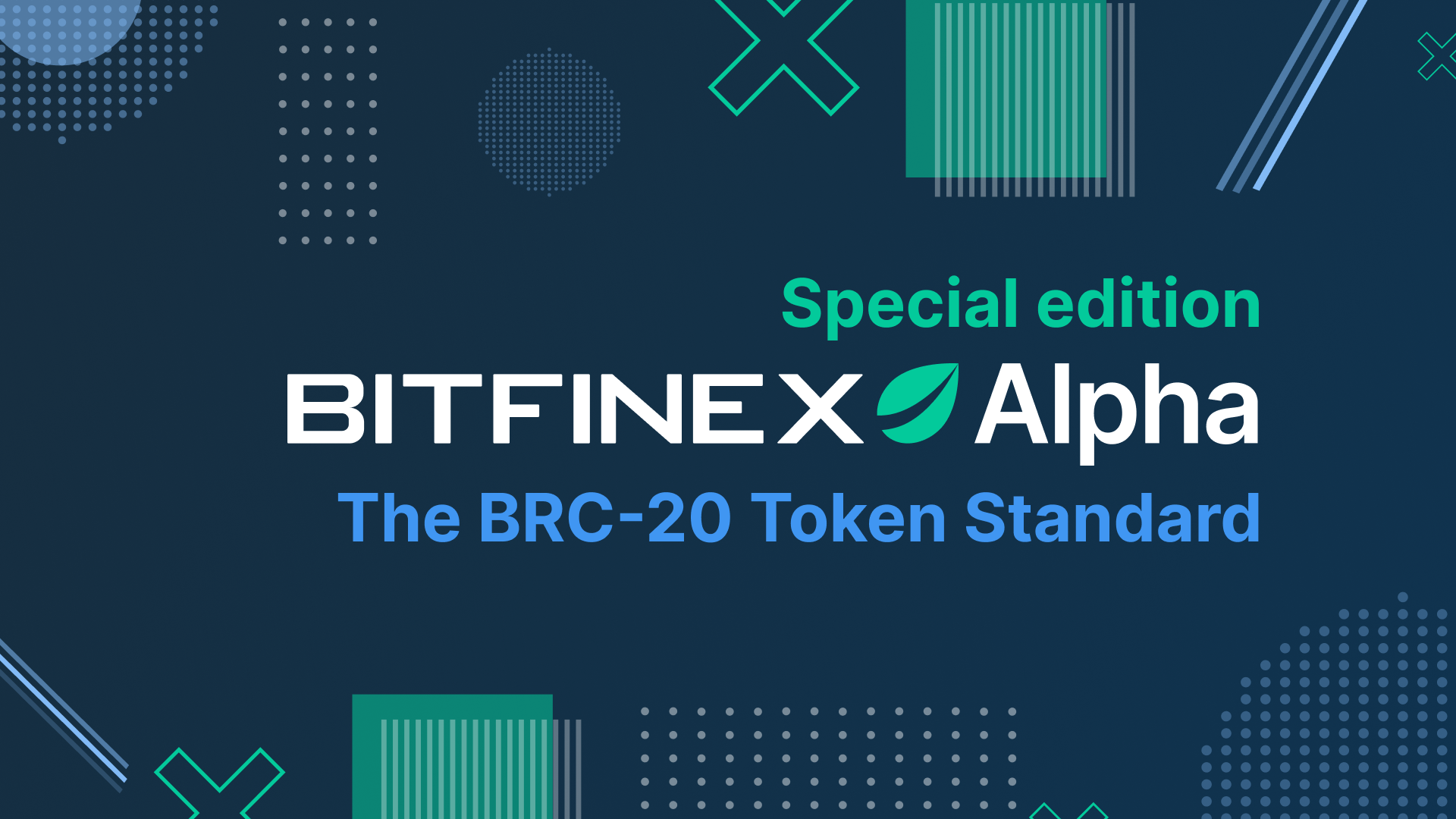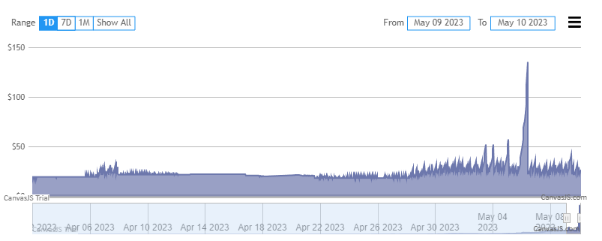Bitfinex Alpha Special Edition | The BRC-20 Token Standard: A Deep Dive
BRC 20 is gaining traction and popularity because of the recent meme coin pump. According to brc-20.io, BRC-20 tokens have reached a market capitalisation of $858,775,461. Designed for the Bitcoin blockchain, created using the Ordinals protocol, the BRC-20 token standard is seemingly secure and fungible... The post Bitfinex Alpha Special Edition | The BRC-20 Token Standard: A Deep Dive appeared first on Bitfinex blog.

BRC 20 is gaining traction and popularity because of the recent meme coin pump. According to brc-20.io, BRC-20 tokens have reached a market capitalisation of $858,775,461.
Designed for the Bitcoin blockchain, created using the Ordinals protocol, the BRC-20 token standard is seemingly secure and fungible and provides users with a unique way to transfer tokens on the Bitcoin blockchain, which wasn’t possible earlier, although a sought-after use-case.
Current State of BRC-20
Since its launch, the BRC-20 token standard has grown significantly, with over 14,000 tokens issued. Some of the most popular tokens include ORDI, PIZA, PEPE, and MEME. The popularity of these tokens highlights the potential of the BRC-20 token standard and the Ordinals protocol.
Use Case
The BRC-20 network does not support smart contracts, and the price of the tokens issued relies almost entirely on market speculation. The chart depicting $ORDI’s price action is shown below.

As such it isn’t very easy to form an opinion about the future of such tokens where their 24H volume is less than 30 percent of the market capitalisation, as is the case for ORDI currently. While many crypto projects start out in such a manner, and we’ve seen DOGE sustain itself at a very high market cap with an inflationary model with a limited use case, there remains minimal space for a category of tokens based solely on speculation. It is very difficult for any analyst to imagine this rally in BRC-20 tokens is sustained unless more building with real use cases takes place on the protocol.
Current Issues with BRC-20
While the BRC-20 token standard is secure and fungible, it has some limitations that could limit its adoption in the long run. One of the significant limitations is its lack of EVM compatibility. BRC-20 tokens do not support smart contracts, which limits the ecosystem and adoption. Developers cannot access or build resources on the network, which could lead to a more miniature ecosystem and limited adoption.
Another issue with BRC-20 tokens is their consumption of valuable block space, which includes network congestion. This could lead to increased gas fees on the network, making it more expensive to transfer tokens. However, the security of the Bitcoin blockchain is top-notch, and its PoW mechanism makes it difficult for hackers to penetrate, ensuring users enjoy the best experience transferring tokens on the blockchain.
Future Predictions about BRC-20
The introduction of BRC-20 and Ordinals will eventually pave the way for more possibilities on the Layer-1 blockchain. Without these new developments, it is exceedingly challenging for any analyst to envisage the sustainability of this BRC-20 token rally unless further development with tangible use cases transpires on the protocol.
While the space remains exciting, it still has some way to go to be considered at par with its counterparts in ERC-20 or BSC BEP-20.
The post Bitfinex Alpha Special Edition | The BRC-20 Token Standard: A Deep Dive appeared first on Bitfinex blog.







